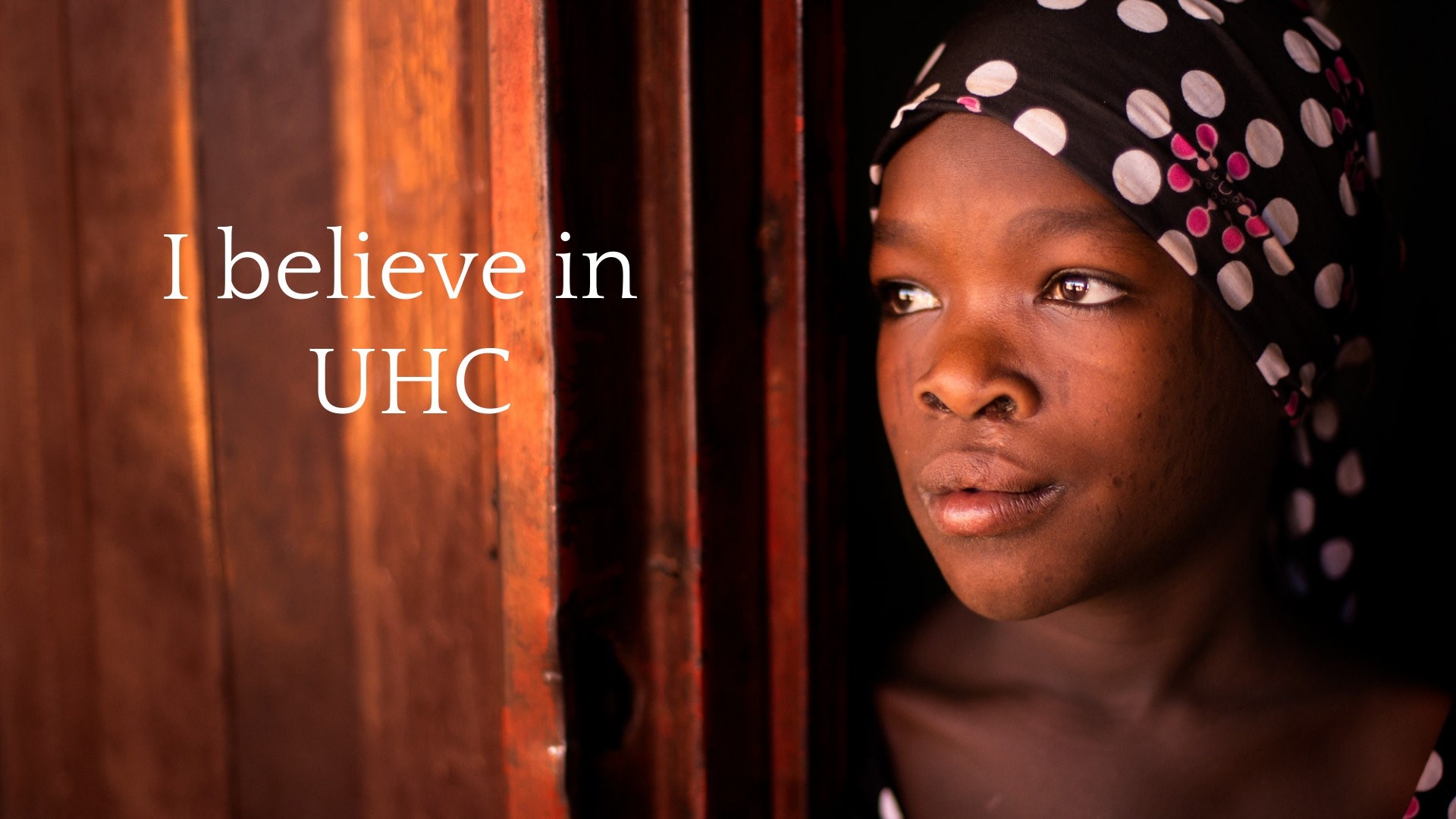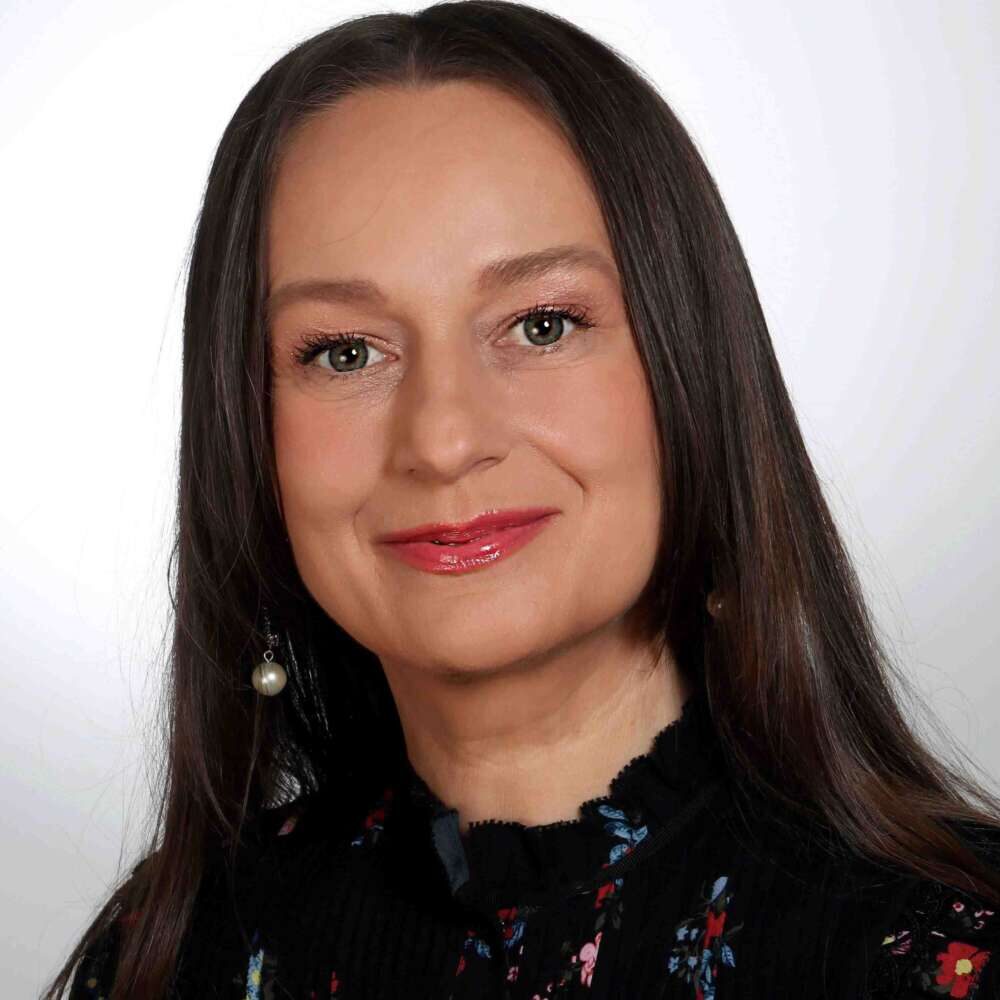Welcome to the latest issue of ‘Stories from the field’, all about how countries are working to achieve universal health coverage.
In Issue 5 we share an inspiring feature from Niger on how strengthening the health workforce aims to provide health services to an additional 1.8 million people in underserved areas.
We also describe how UHC is foremost a political choice and share news of the UHC Bill just passed in the Philippines. This has the potential to drastically reduce people paying for health care out of their own pocket.
The summaries below take just two minutes to read, with full versions of the story if you are interested.
In 2019, we will continue to share your many stories of change from the field. If you have a story to tell, get in touch and we’ll work with you: jwt@who.int
Niger A strong health workforce, a strong economy
Fact: Niger is the first country in the West African Region to take up the recommendations of the High-level Commission on Employment in Health and Economic Growth. A range of Ministries and sectors are working together in new ways to strengthen the health workforce and improve socio-economic development.
Expected results: The creation of 11,500 health jobs; 147 additional health facilities; and 1.8 million additional people covered in under-served areas.
Why it matters: Inter-sectoral efforts to support UHC are essential. In Niger, investments in infrastructure and human resources in health, education, agriculture, fisheries and micro-enterprises will contribute to a comprehensive approach to socio-economic development and UHC.
In practice: WHO, ILO and OECD served as vice-chairs of the High-level Commission on Employment in Health and Economic Growth and then facilitated regional and national discussions about how to put recommendations from the Commission into practice, working closely with various Ministries in Niger.
Philippines A new UHC Bill – just passed!
Fact: The Philippines has just signed a Universal Health Care Bill into law that automatically enrolls all Filipino citizens in the National Health Insurance Program and prescribes complementary reforms in the health system.
Why it matters: In 2016, 54% of healthcare spending in the Philippines was people paying out-of-pocket. This needs to change. Like elsewhere, universal health coverage is foremost a political choice. When implemented effectively, the Act will mean all Filipinos get the health care they need, when they need it, without suffering financial hardship as a result.
Expected results: A drastic reduction in out-of-pocket payments and catastrophic expenditures where people become impoverished as a result of paying for health care.
In practice: The UHC Act was carried by a broad coalition of parliamentarians across the political spectrum. WHO advocated and informed the consultation and drafting process of the Bill in the Senate during the second half of 2017, gently steering the process in the areas of people-centred integrated service delivery and health financing.


